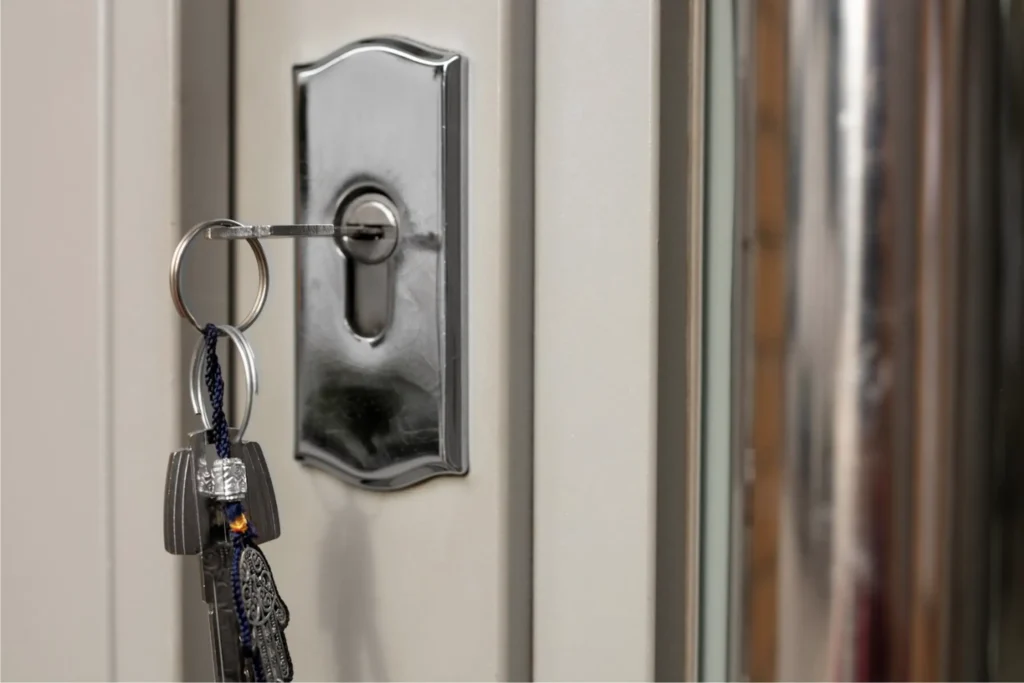
If you own a home in South Carolina, you may assume that your equity is fully protected from creditors or legal actions. In reality, South Carolina’s homestead protections provide only limited coverage — and understanding those limits is essential. These exemptions can help shield a portion of your property’s value, but they do not apply in every situation or to every type of debt.
This article explains what South Carolina’s homestead protection laws do cover, what they don’t, and what you can do if your home’s value exceeds the exemption limits.
South Carolina’s Two Types of Homestead Protection
South Carolina offers two distinct homestead protections that serve different purposes:
1. Property Tax Homestead Exemption
Under South Carolina Code § 12-37-250, qualified homeowners may exempt up to $50,000 from the fair market value of their primary legal residence when calculating county property taxes.
To qualify, the homeowner must meet one of the following criteria:
- Be 65 years of age or older
- Be totally and permanently disabled
- Be legally blind
The exemption applies only to a homeowner’s primary legal residence, which must be your legal domicile and the home where you reside for at least 12 months. You must submit a one-time application to your county assessor or auditor to receive the exemption. Once approved, it continues automatically, although counties may vary in their documentation requirements.
Note: The $50,000 exemption applies per residence, not per person. If a married couple co-owns a home, the total exemption remains $50,000, even if both individuals qualify.
2. Creditor Homestead Exemption (Equity Protection)
South Carolina also offers a homestead exemption that protects home equity from certain unsecured creditors, most commonly in bankruptcy proceedings or civil judgments. As of 2025, the limits are:
- $63,250 for an individual
- $126,500 for married couples or co-owners who both qualify
This exemption applies only to the primary residence and does not extend to secondary properties, rentals, or investment homes.
What the Homestead Exemption Won’t Protect Against
Even if you qualify for homestead protection, the law does not shield you from all threats. Specifically, it does not protect against:
- Foreclosure by your mortgage lender
- Federal tax liens (including IRS debts)
- Mechanic’s liens filed by contractors
- Court judgments for unpaid child support or alimony
These types of claims bypass homestead protection and can still result in forced sale or liens on your property.
Which Properties Qualify?
To receive either type of homestead exemption, the property must meet the following conditions:
- It is your primary legal residence
- You own the property (or a legal interest in it)
- You reside there for the majority of the year
Eligible properties include:
- Single-family homes
- Condominiums
- Mobile or manufactured homes (on owned land)
The following are not eligible:
- Rental properties
- Vacation homes
- Secondary residences or investment properties
Why Equity Exposure Is a Growing Concern
Home values across South Carolina have risen sharply in recent years. As a result, many homeowners now hold more equity than the state’s exemption protects. For example:
If your home is worth $400,000 and it’s fully paid off, the homestead exemption protects only $63,250 (or $126,500 jointly) of that value. That leaves hundreds of thousands of dollars in equity potentially exposed in the event of a lawsuit or bankruptcy.
Most homeowners are unaware that the majority of their property’s value could be at risk — even when they qualify for the homestead exemption.
What Can You Do to Protect More Than the Exemption?
If your home equity exceeds South Carolina’s exemption limit, there are legal strategies that may offer additional protection:
Irrevocable Trusts
Placing your home in a properly structured qualified personal residence trust can remove it from your taxable federal estate and protect it from creditors. However, this strategy requires careful legal planning.
Limited Liability Companies (LLCs)
LLCs are a strong tool for protecting investment properties, but they’re generally not used for primary residences, as doing so can void homestead and tax benefits.
HELOCs or Strategic Use of Equity
By drawing against your home equity (e.g., through a HELOC), you may reduce your home’s visible net value to creditors. This method must be approached cautiously to avoid unwanted debt or tax issues.
Each of these methods comes with trade-offs, and the right choice depends on your goals, estate planning needs, and legal risk profile.
Why Legal Guidance Matters
Protecting your home isn’t about one-size-fits-all solutions. In fact, choosing the wrong strategy without legal counsel could make things worse.
At Ultimate Asset Protection, we help South Carolina homeowners design the right strategy to protect what they’ve earned. From future lawsuits and bankruptcy to long-term planning, our team helps you protect your equity while staying fully compliant.
Don’t Wait for a Lawsuit to Learn Your Equity Is at Risk
If your home is your largest asset, you can’t afford to rely on the homestead exemption alone. Reach out today to schedule a consultation. We’ll help you understand your exposure and create a plan to keep your property secure — no matter what comes your way.


